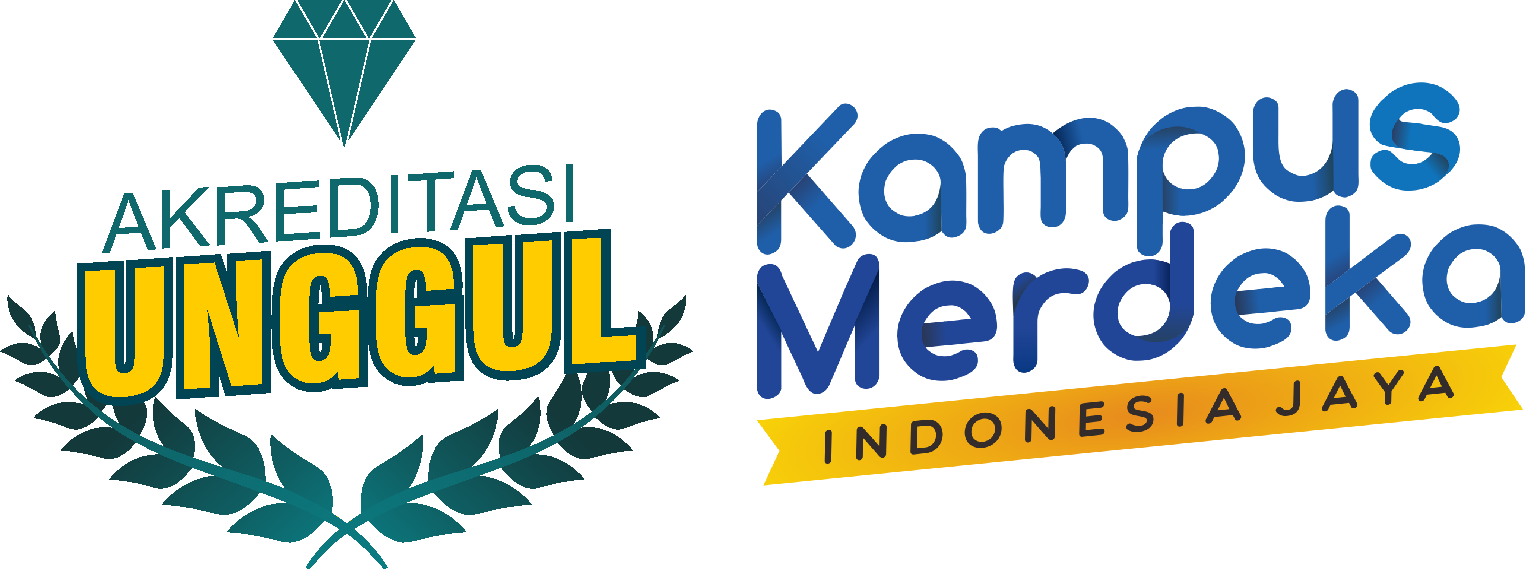https://industrial.uii.ac.id/wp-content/uploads/2023/01/1512fti2-1024x461-1.jpg
461
1024
Admin IP
https://industrial.uii.ac.id/wp-content/uploads/2020/12/jur-tek-industri.png
Admin IP2023-01-13 08:45:432023-01-13 08:45:43IUP IE UII News : Prodi IUP IE UII Gelar Kuliah untuk Mahasiswa NXU Cina, Ini Tujuannya
https://industrial.uii.ac.id/wp-content/uploads/2023/01/WhatsApp-Image-2023-01-13-at-14.02.59-1.jpeg
720
1280
Admin IP
https://industrial.uii.ac.id/wp-content/uploads/2020/12/jur-tek-industri.png
Admin IP2022-12-06 08:32:512023-01-13 08:37:41IUP IE NEWS: UII dan Nanjing Xiaozhuang University China Gelar Online Classes and Cultural Immersion Program
https://industrial.uii.ac.id/wp-content/uploads/2022/11/new2-09.png
5037
6731
Admin IP
https://industrial.uii.ac.id/wp-content/uploads/2021/12/logo-IP-new.png
Admin IP2022-11-09 13:38:392022-11-15 05:34:19Indonesian Enterprise 4.0 (IE4.0)
https://industrial.uii.ac.id/wp-content/uploads/2022/08/transferip-feature-small.png
384
682
Admin IP
https://industrial.uii.ac.id/wp-content/uploads/2021/12/logo-IP-new.png
Admin IP2022-08-14 08:30:502023-07-12 09:24:01IP IE NEWS : Breaking News ! Dreaming of Studying Abroad ? Join IUP IE UII NOW !
https://industrial.uii.ac.id/wp-content/uploads/2022/08/HEADER2-keyin2022-2023-625-.png
509
1088
Admin IP
https://industrial.uii.ac.id/wp-content/uploads/2021/12/logo-IP-new.png
Admin IP2022-08-14 01:50:422022-08-17 00:25:13IP IE NEWS : Key-in .. Key-in.. It’s enrollment Time. Let’s rock and roll in the Odd Semester 2022/2023
https://industrial.uii.ac.id/wp-content/uploads/2022/07/WhatsApp-Image-2022-07-22-at-1.29.44-PM.jpeg
1030
1030
Admin IP
https://industrial.uii.ac.id/wp-content/uploads/2021/12/logo-IP-new.png
Admin IP2022-07-22 04:47:292022-07-22 17:06:18IPIEUII Industrial Visit and Cultural Immersion 2022
https://industrial.uii.ac.id/wp-content/uploads/2022/07/IMG_4179-conv-edit-view.jpeg
1773
2364
Admin IP
https://industrial.uii.ac.id/wp-content/uploads/2021/12/logo-IP-new.png
Admin IP2022-07-13 02:33:172022-07-13 12:31:12IP IE Educational Visit 2022 to Western Europe – A Short Story
https://industrial.uii.ac.id/wp-content/uploads/2022/07/WhatsApp-Image-2022-05-24-at-9.02.01-PM.jpeg
1600
1200
Admin IP
https://industrial.uii.ac.id/wp-content/uploads/2021/12/logo-IP-new.png
Admin IP2022-07-06 03:35:182022-07-13 10:47:14Mahasiswa FTI UII ditawari Magang di Jerman
https://industrial.uii.ac.id/wp-content/uploads/2022/07/1306fti.jpg
720
1280
Admin IP
https://industrial.uii.ac.id/wp-content/uploads/2021/12/logo-IP-new.png
Admin IP2022-07-06 02:38:032022-07-13 12:33:21Program Internasional Teknik Industri UII Gelar Educational Visit 2022 ke Eropa Barat
https://industrial.uii.ac.id/wp-content/uploads/2022/07/mahasiswa-teknik-uii-keliling-eropa-ok.jpg
500
800
Admin IP
https://industrial.uii.ac.id/wp-content/uploads/2021/12/logo-IP-new.png
Admin IP2022-07-06 02:00:282022-07-13 12:34:17Pandemi Mereda, Mahasiswa Program Internasional Teknik Industri UII Diajak Keliling Eropa


